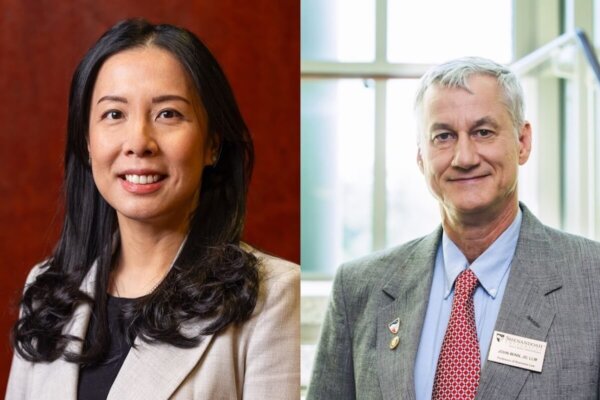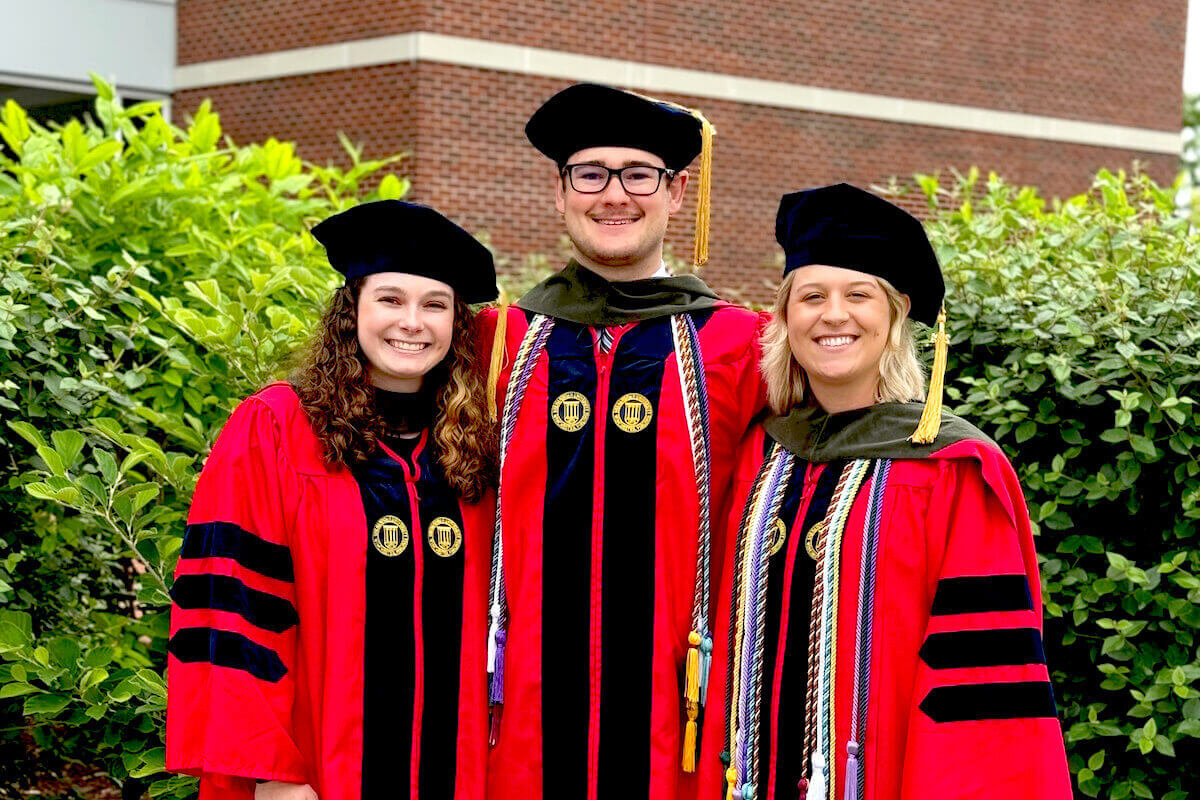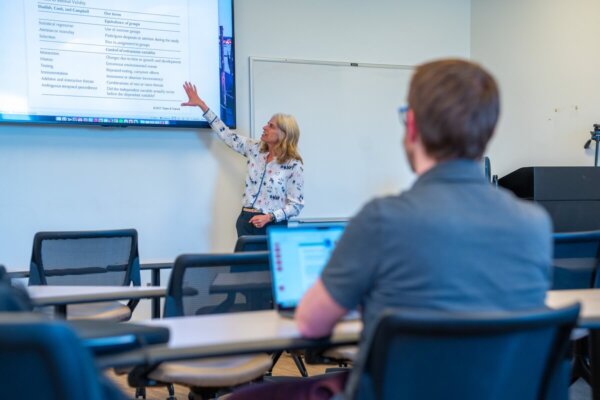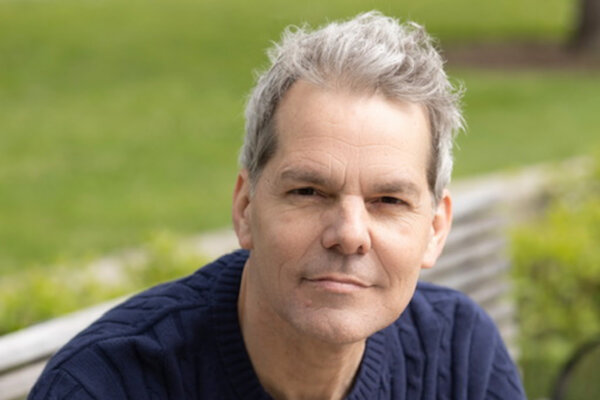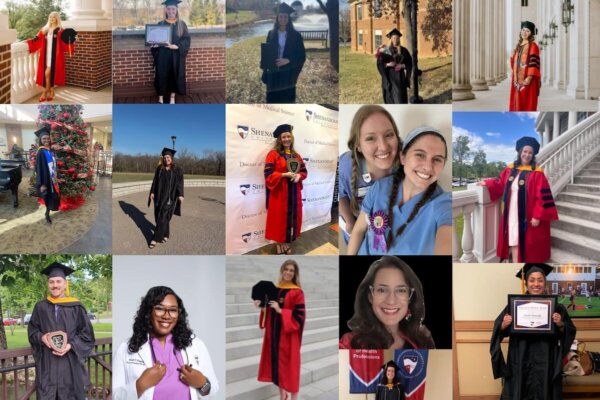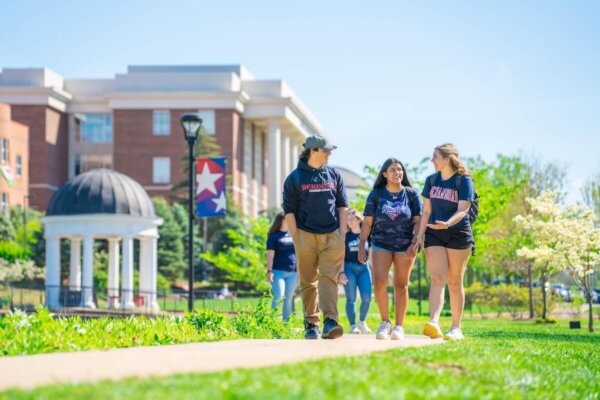A Sustainable Relationship
Company Sends FYS Class a Multitude of Samples of Environmentally Friendly Products
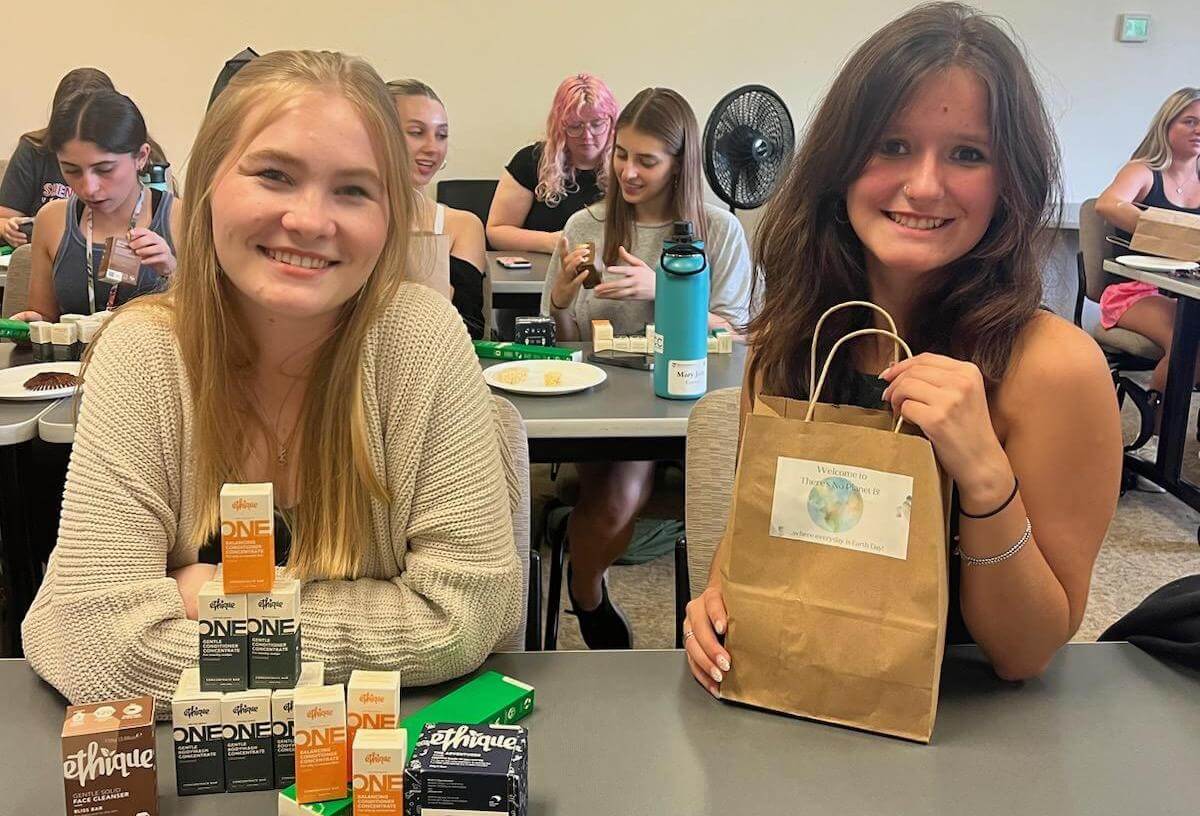
For the second year running, the sustainable hair and skin care bar company Ethique has sent samples of its products to Shenandoah University after establishing a connection with the instructors of the First-Year Seminar class, “There Is No Planet B.”
Like Ethique, the class focuses on sustainability. Associate Director of Retention and Student Success Marshell Edney, who teaches the course with College of Arts & Sciences Assistant Dean and Director of Innovation and Assistant Professor Environmental Studies and Biology Allyson “Ally” Degrassi, Ph.D., said she tried Ethique’s products after learning that the company made the favorite shampoo bar of Lily Cameron, author of “Simple Sustainable.” Then, Edney reached out to the company to see if it would share samples for environmental starter kits for students in the class, expecting only about 25 samples.
“A couple days later, someone from the company emailed me and asked if I wanted about 4,000 different samples because they were about to expire,” Edney said. “Since these products are vegan and made from natural ingredients, they don’t really expire, so we graciously accepted their donation. Ally and I made hundreds of gift bags for the students, faculty, and staff at SU, [many products were distributed at the university’s Eco-Extravaganza] but we also had supplies for low-income high school students. We even received shampoo for pets and we donated it to local shelters and animal rescue groups.”
And now, for this year’s class, the company has continued to be generous with its samples, agreeing to send about 2,000 samples to Shenandoah yet again, Edney said.
Edney said she hopes that through donations of such products, students in the class will learn the power of consumerism. “They don’t have to buy soap in plastic bottles because there are other options out there and they do not have to buy products that are hazardous to their health and our environment.”
The class focuses on more than consumer issues, covering a wide range of environmental topics including composting, trash, recycling soil and water conservation and more. Students watch documentaries and then engage in reflective structured dialogue, plant trees, and collect pounds of trash through campus and stream cleanups. “We are really trying to show students how small changes in behaviors and habitat can have a huge impact on the environment,” Edney said. “This year, we have several guest speakers from our Winchester community to share their sustainable efforts! Our FYS mentor, Lizzie Pearson, will also be leading discussions on how to be a successful college student.”
Shenandoah, situated within the natural beauty and biodiversity of the Shenandoah Valley of Virginia, is home to an Environmental & Sustainability Studies program, as well as Environmental Studies and Conservation Science & Management programs. It regularly lands on The Princeton Review’s annual “Guide to Green Colleges,” and generates some of its electricity from a large rooftop solar array across several main campus buildings. The university also boasts the 195-acre River Campus at Cool Spring Battlefield, which borders the Shenandoah River and serves as a living laboratory for natural sciences and provides opportunities for outdoor recreation from dawn to dusk every day of the year.
